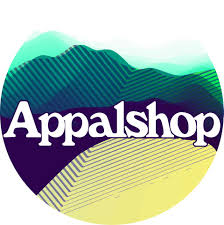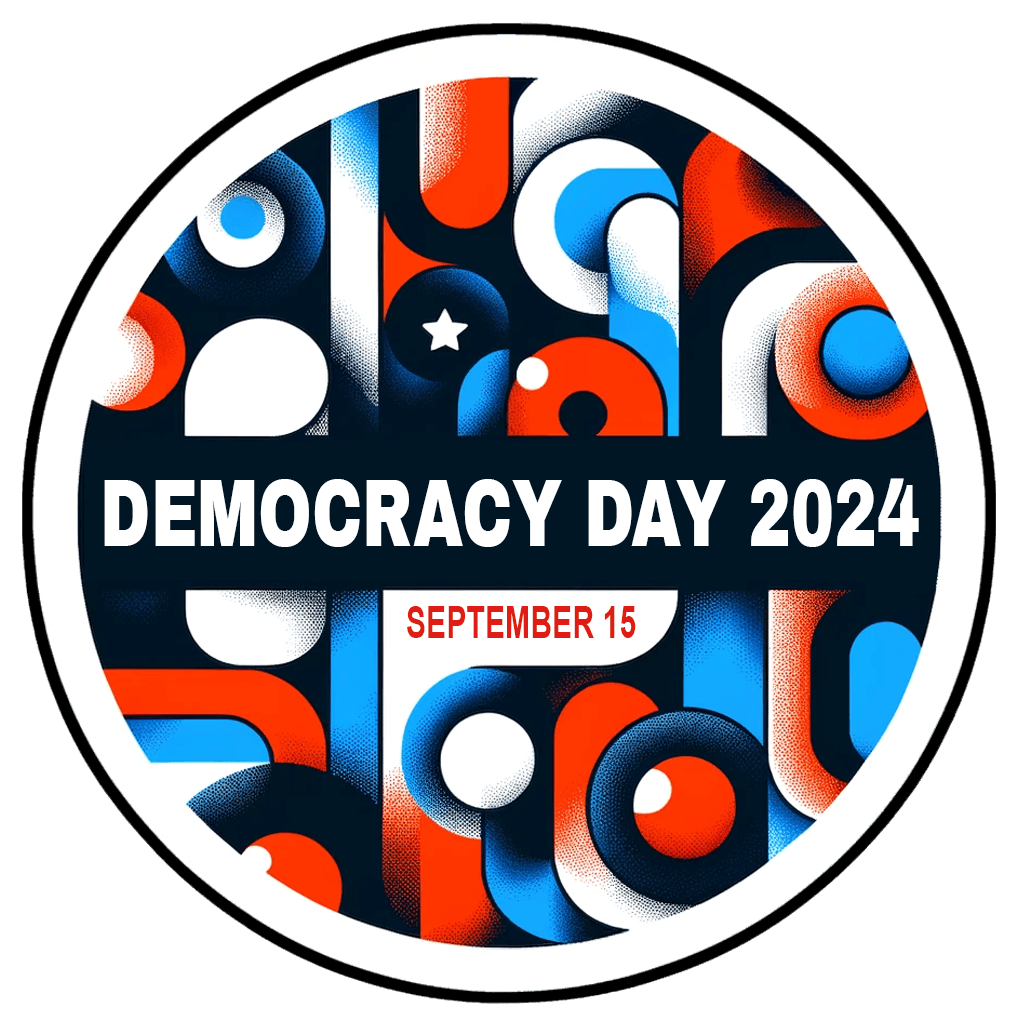

In the US, we’re witnessing a rise in anti-democratic efforts, marked by increased censorship of marginalized voices, voter suppression, misinformation, attacks on the media, and erosion of checks and balances.
At Voice of Witness, we are focused on building a healthy democracy grounded in equity by providing high-quality documentary storytelling and oral histories of resistance; supporting civic engagement and belonging; and addressing misinformation and harmful narratives. We believe that for democracies to thrive, people need to hear firsthand experiences that illuminate the real, human impact of policy decisions. (Learn more about our thematic work, Navigating Democracy: Resistance and Belonging through Storytelling.)
This fall, we’re publishing a Q&A series with partners called Our Voices: Democracy and Storytelling to highlight the work their organizations are doing to bolster democracy, civic participation, and narrative change with their communities.
We’re kicking off this series on Democracy Day (September 15th). Democracy Day is a national collaborative effort to draw attention to the crisis facing American democracy, provide the public with the context and information they need, and bring all types of media and organizations together to sound the alarm collectively. Voice of Witness is proud to be an official Democracy Day partner.
Our first interview is with Appalshop, a media, education, and arts organization based in Appalachia.
Appalshop operates a radio station, a theater, a public art gallery, a record label, an archive, a filmmaking institute, a reproductive justice program, a community development program, and many more initiatives, all out of a renovated warehouse in downtown Whitesburg, Kentucky. For the last several years, Appalshop has been intentionally articulating their cultural work as community economic development work.
“We tell stories that commercial industries don’t tell. We challenge stereotypes with Appalachian voices. And we do it all with artists who are from and committed to this region.”
VOW caught up with Tiffany Sturdivant, interim Executive Director, to ask a few questions.
What does “democracy” mean to Appalshop?
To Appalshop, democracy means that every voice can be heard and has an influence on getting access to the best quality of life, education, and health care in this country and region.
How do your community members access (or struggle to access) civic participation and democratic rights?
Every election is important. However, depending on the race there is more or less effort to inform the residents about when, where, and how to vote.
To address this, Appalshop is partnering with Appalachians For Appalachia and Our People Our Vote, a non-partisan organization that provides voter education resources that make voting easy and accessible for all Kentuckians. We’re hosting a canvassing event to go door-to-door to our neighbors and share these resources.
The threat of mis/disinformation increases in an election year. What do you want others to know during a national election year? What new narratives can we uplift?
Appalshop is a committed community partner that uses our media and arts resources to highlight narratives that are not mainstream but equally important and that need to be heard. We are here to tell the stories of our need for better infrastructure, broadband internet, climate and environmental justice, and rebuilding a thriving economy for people who are impacted by these issues daily.
People from Eastern Kentucky and Appalachian communities are filled with pride. They want to remain here, but due to a lack of career opportunities and other required amenities for increased quality of life, many people find themselves with no choice but to relocate. I would like to see more stories uplifted about the possibilities that exist in Appalachia if we had as many resources poured into our region as have been taken away. I would love to see a narrative of “Imagined Investment” in Appalachian communities.
What are the connections you see between storytelling, narrative change, and democracy? How can others support or act in solidarity with your community members?
Storytelling has been a gift that gives us history, perspective, and understanding of different communities. It has a way of uniting us as a human race. It allows us to highlight traditions, similarities, and differences in our own words. A collection of stories allows us to identify common themes or values of the community, collectively shaping the narrative toward the change that we want to see. Narrative change is a powerful tool for raising awareness and support, which can lead to conversations with our legislators who will hopefully consider the words, thoughts, and concerns of the people and put forth policies to improve our communities.
People can support our community by speaking up and sharing these Appalachian stories, getting involved in community conversations, and encouraging family and friends to register to vote. Who we choose to represent us in government—whether that is local, state, or national office—is critical to our immediate communities.
Interested in reading more Appalachian stories? Check out VOW’s latest oral history collection, Beginning Again: Stories of Movement and Migration in Appalachia.
This article is part of U.S. Democracy Day, a nationwide collaborative on Sept. 15, the International Day of Democracy, in which news organizations cover how democracy works and the threats it faces. To learn more, visit usdemocracyday.org.




